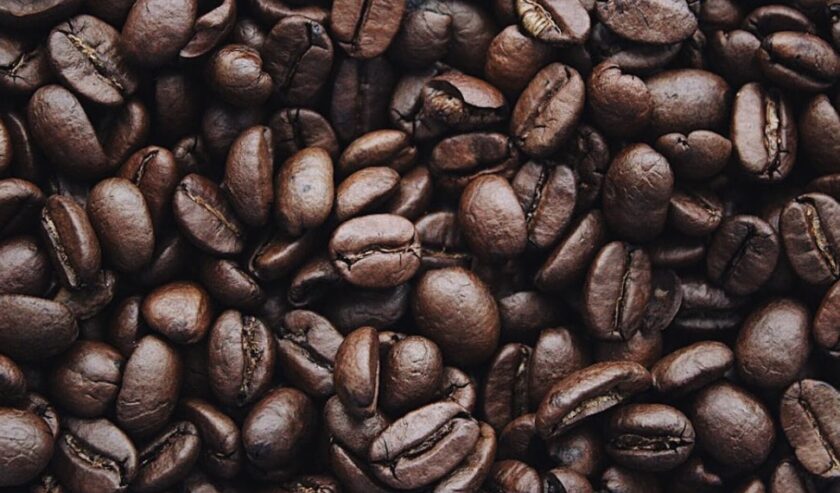Decaf Coffee: Everything You Need to Know

Let’s be honest — most of us love a good cup of coffee. It gives us a little boost, helps us wake up, and simply tastes great. But what if you want to skip the caffeine? That’s where decaf coffee comes in. Whether you’re sensitive to caffeine or just trying to cut down, decaf can be a great choice. In this article, we’ll cover all the basics about decaf coffee — what it is, how it’s made, and whether it’s really any good for you.
What Exactly Is Decaf Coffee?
Decaf coffee is just regular coffee that’s had most of its caffeine taken out. It’s not completely caffeine-free, but it contains a lot less than normal coffee. On average, a regular cup might have about 95 milligrams of caffeine. Decaf usually has just 2 to 5 milligrams.
The beans used for decaf are the same as those used for normal coffee. The only difference is in the process they go through before they’re roasted and ground.
How Is the Caffeine Removed?
There are a few methods used to take the caffeine out of coffee beans. The most common ones are:
1. Solvent Method
This is one of the cheaper ways. The beans are soaked in water and then washed with a chemical solvent like methylene chloride or ethyl acetate. These solvents bind with the caffeine and remove it from the beans. After that, the beans are dried and roasted.
2. Swiss Water Process
This method doesn’t use chemicals, which makes it more natural. Instead, the beans are soaked in hot water, and the caffeine is filtered out using carbon filters. This process is slower but often preferred by those who want a cleaner cup.
3. CO2 Method
Here, carbon dioxide is used to draw out the caffeine. It’s a more expensive process but is good at keeping the flavour of the beans intact.
Does Decaf Taste the Same?
That depends. Some people say it tastes weaker or a bit flat. Others don’t notice much of a difference. A lot of it comes down to how the coffee is made and the quality of the beans. In the past, decaf had a bit of a bad reputation. But now, thanks to better methods and higher-quality beans, many decaf coffees taste very close to the real deal.
If you’re fussy about flavour, it might be worth trying a few different brands or brewing methods to find one you enjoy. Or, if you’re still not sold on decaf, there are plenty of other caffeine-free options that offer warmth, flavour, and comfort without any coffee at all.
Is Decaf Healthier?
This is where it gets interesting. Decaf coffee still has many of the antioxidants and nutrients that regular coffee offers. Things like magnesium, potassium, and certain B vitamins are still present. These can be good for your heart and may even reduce the risk of some diseases.
Plus, if you get the jitters from too much caffeine, or struggle with anxiety or trouble sleeping, switching to decaf might be a wise move. It lets you enjoy the ritual of coffee without the unwanted side effects.
Who Should Consider Drinking Decaf?
Decaf can be a great option for lots of people. Here are a few:
- Those who are sensitive to caffeine: If coffee makes you shaky or anxious, try decaf.
- People with heart issues or high blood pressure: Cutting down on caffeine can help manage these conditions.
- Pregnant women: Most doctors recommend limiting caffeine during pregnancy, so decaf is often suggested.
- Anyone who enjoys coffee late in the day: Want an evening coffee without staying up all night? Decaf is perfect.
Decaf coffee isn’t just a second-rate version of the real thing. It’s a smart choice for people who still want the taste and comfort of coffee, but without the caffeine hit. With better production methods and tastier blends now available, decaf has come a long way.
Next time you fancy a cup but want to sleep soundly or skip the shakes, don’t write off decaf. Give it a go — you might be pleasantly surprised.









